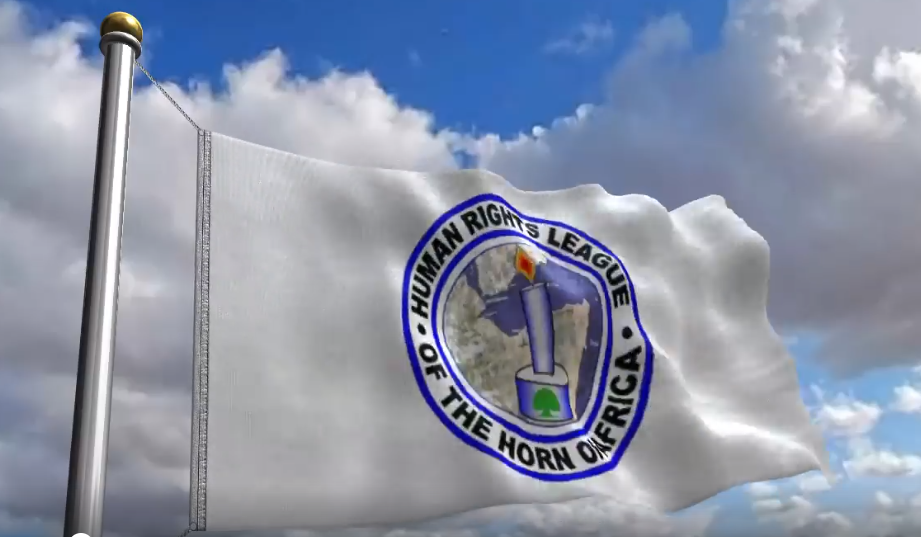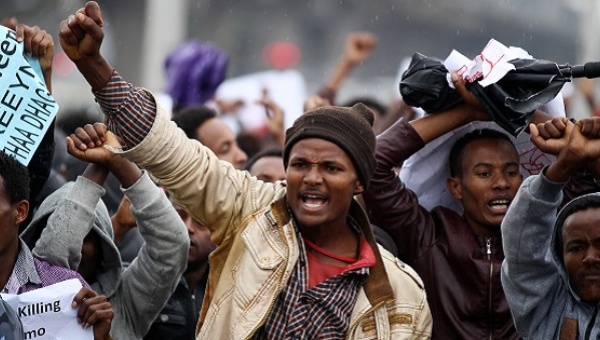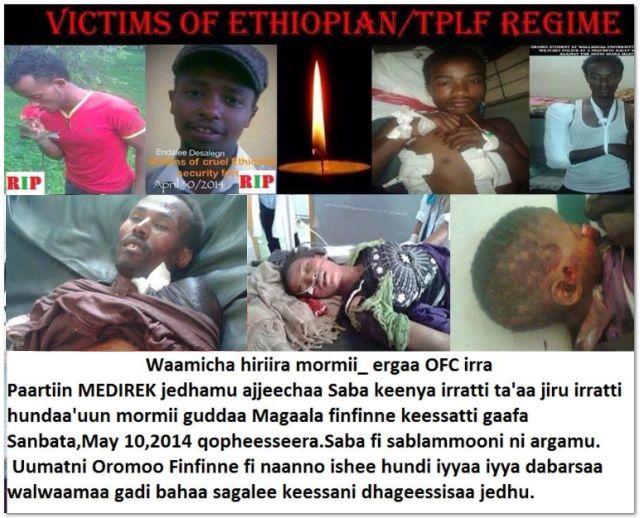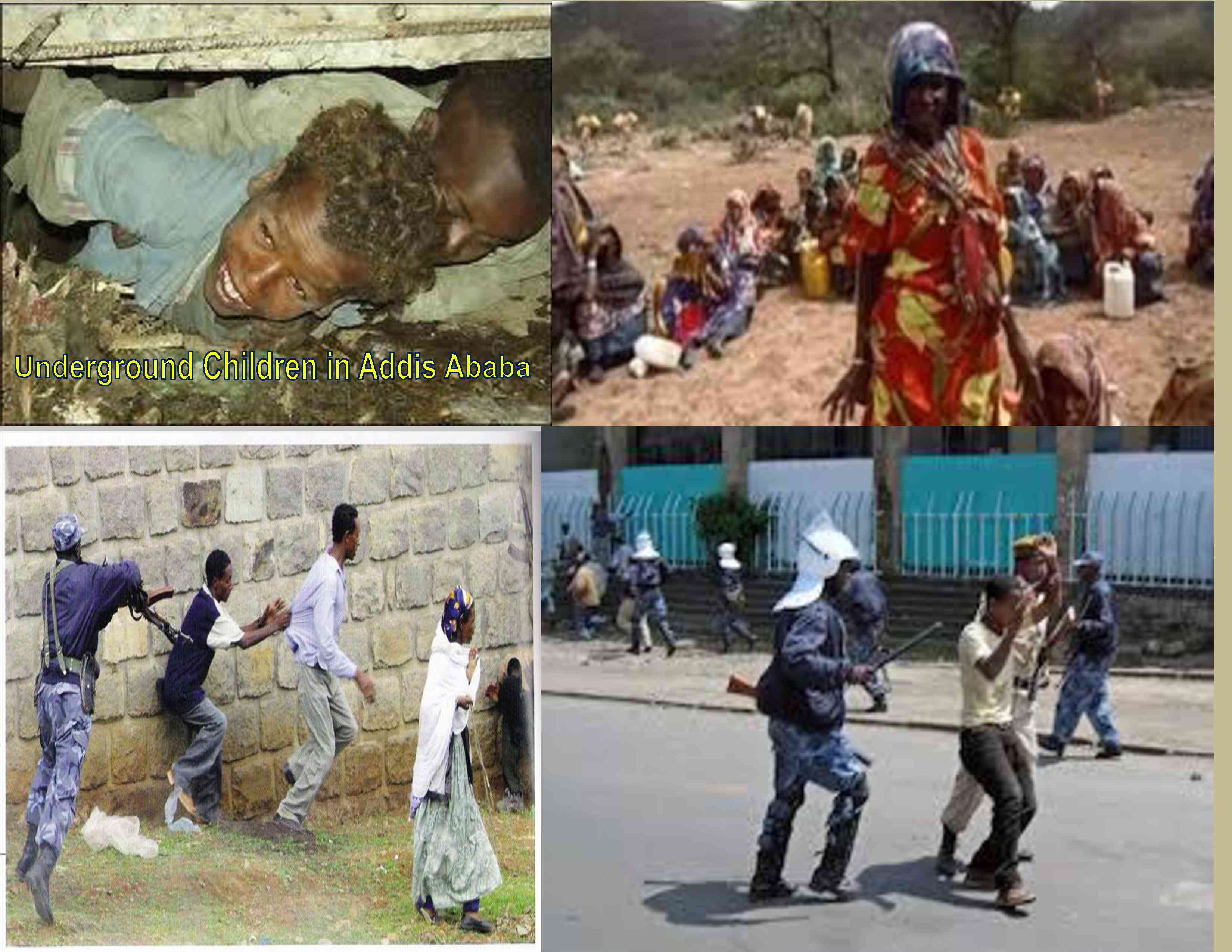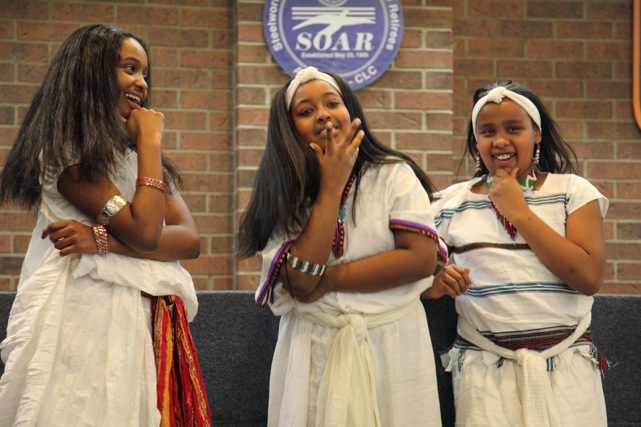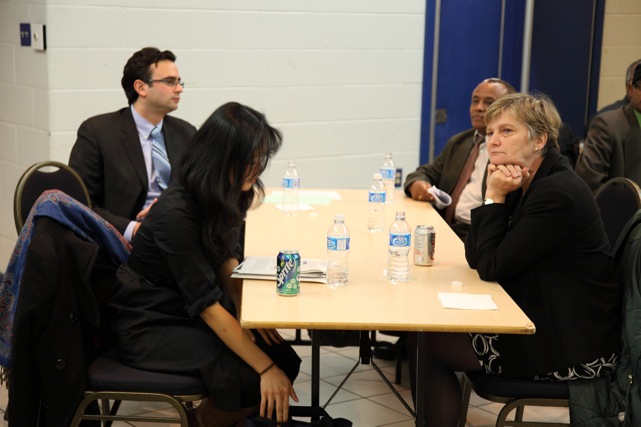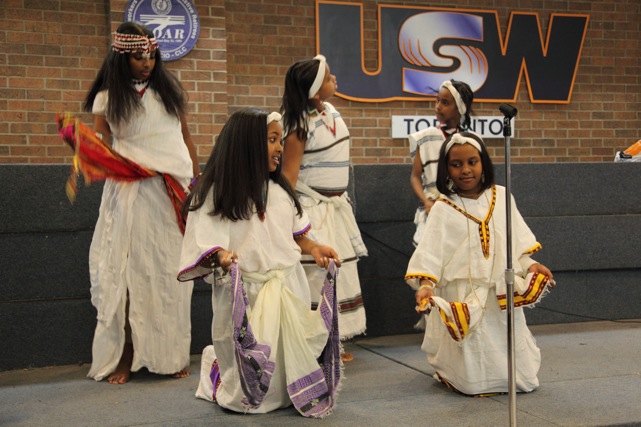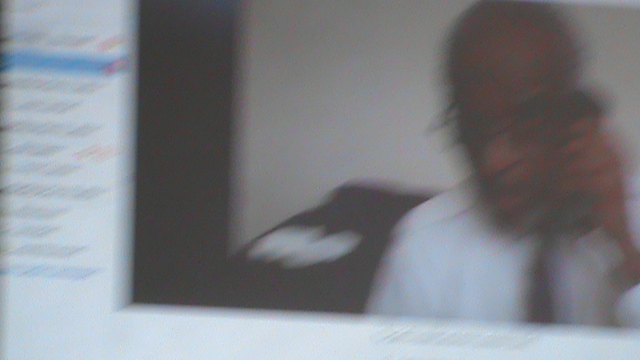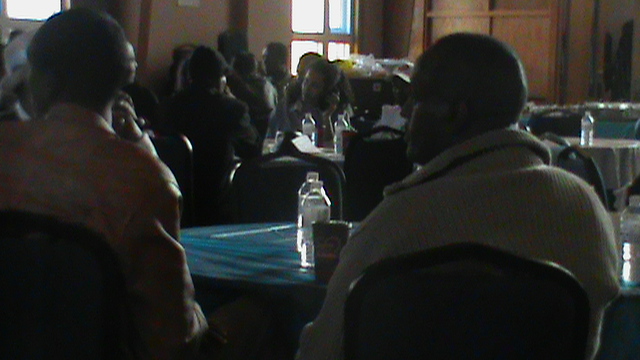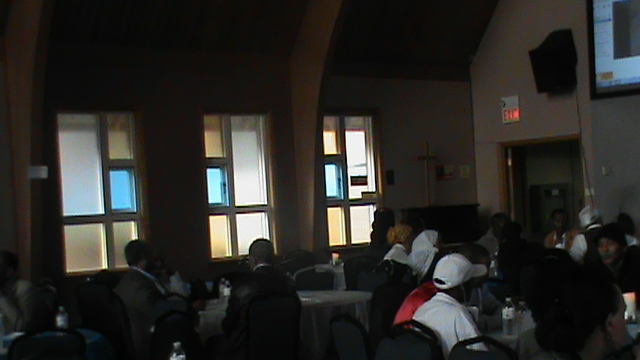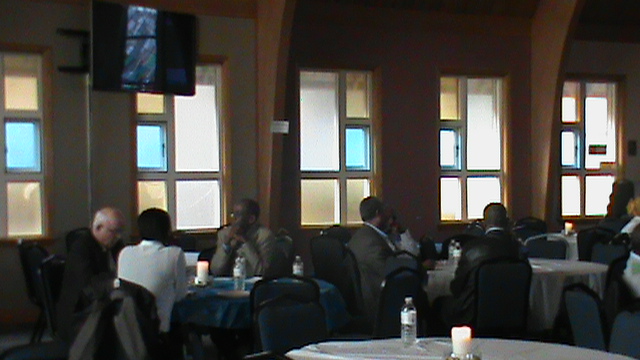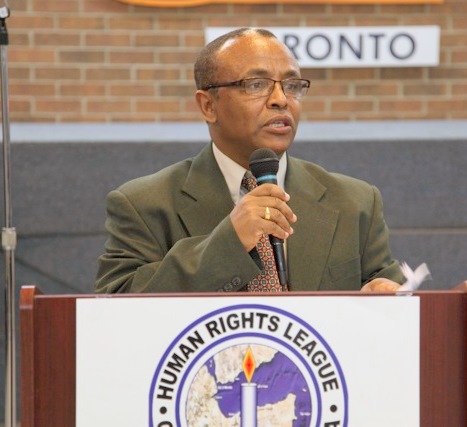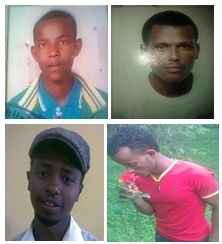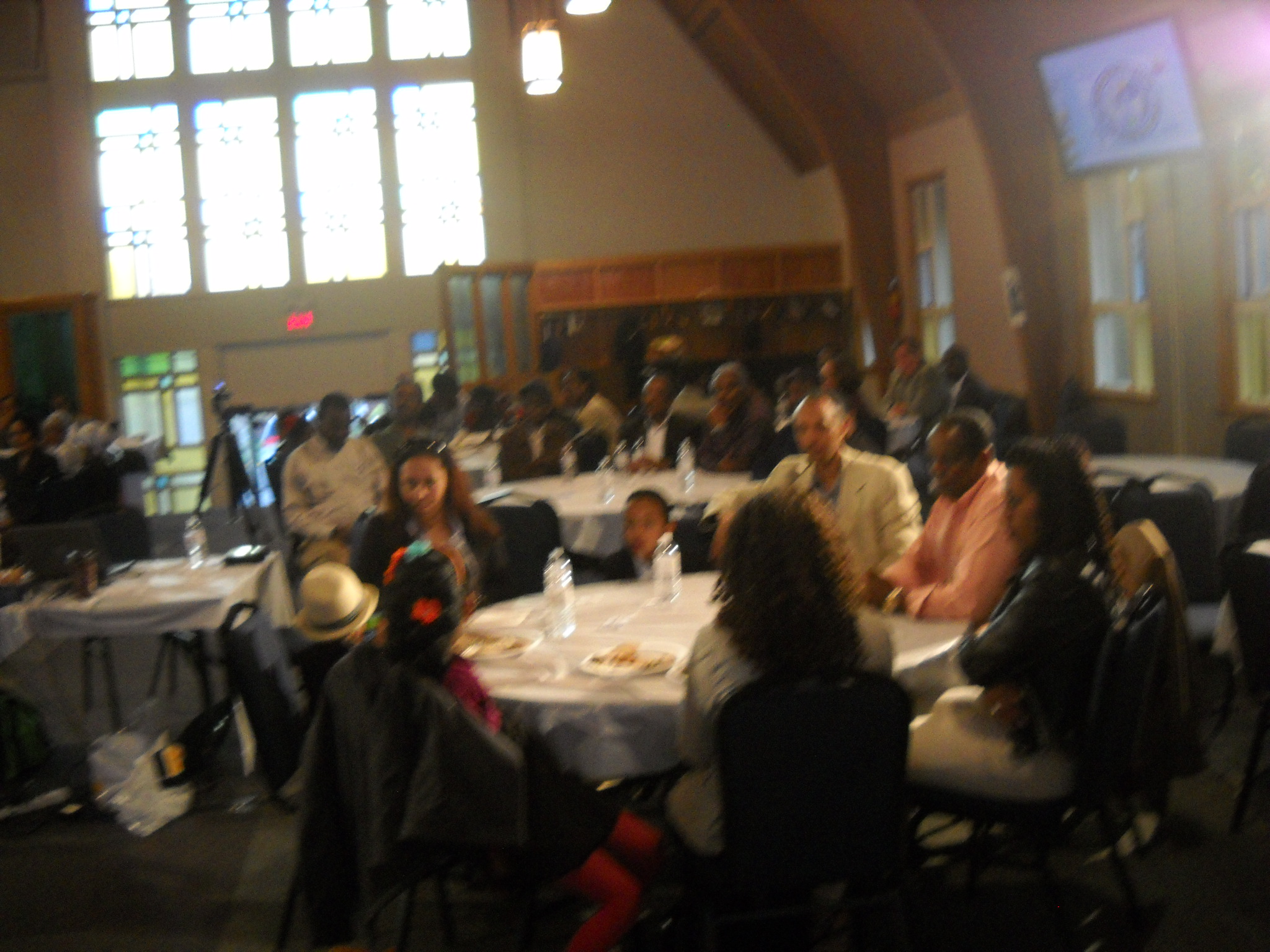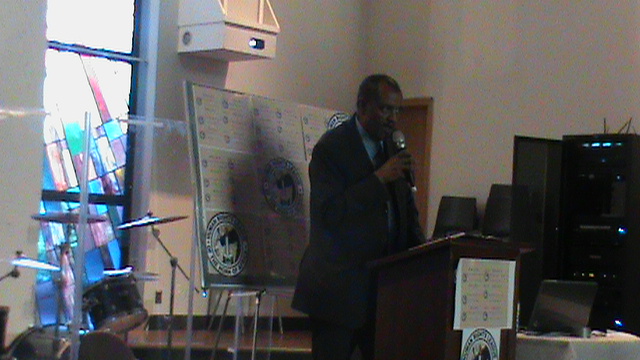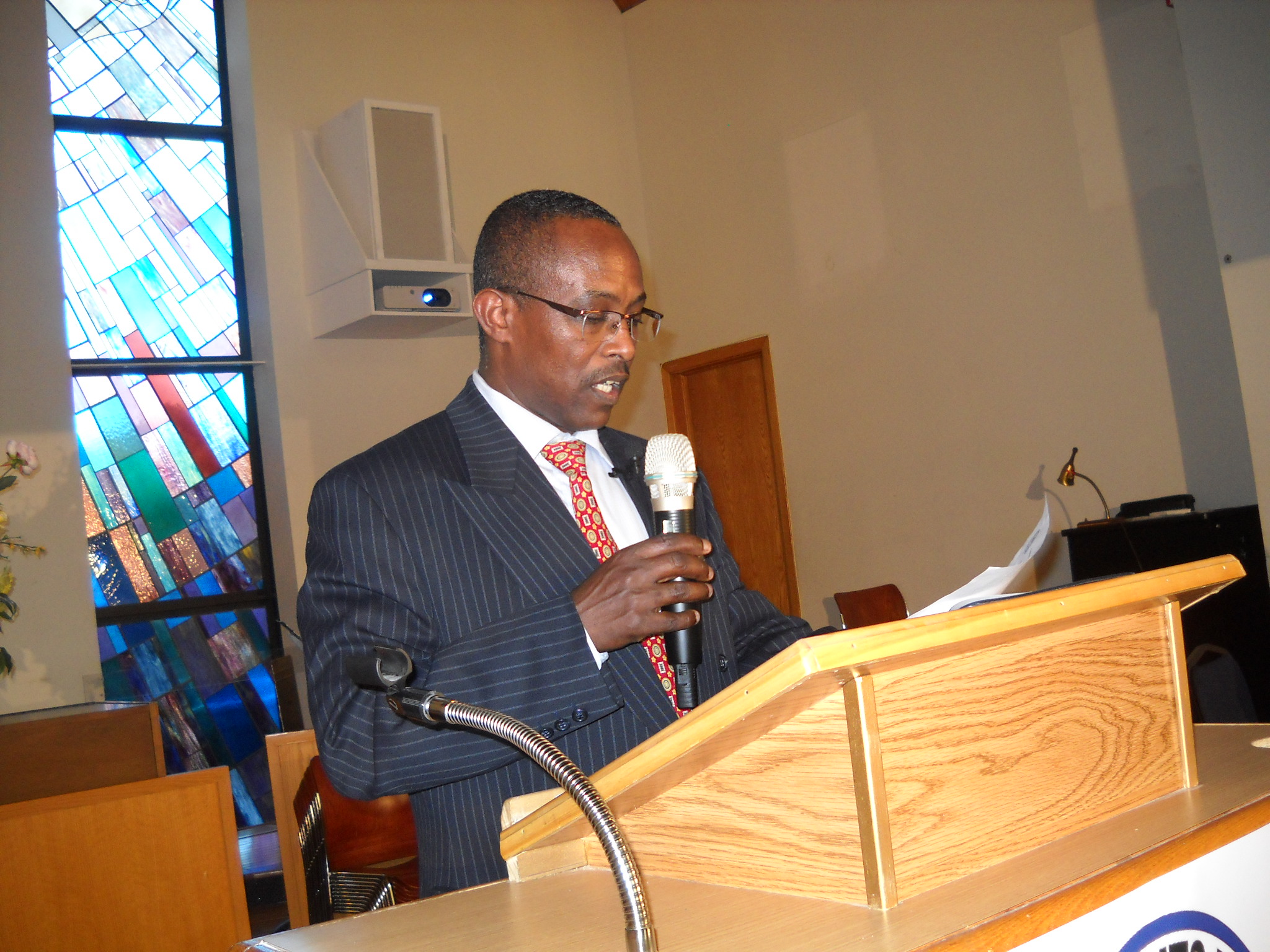HRLHA’s Appeal to the UN Security and Human Rights Councils
————————————————————————————————————————————-
August 12, 2016
Addressed To:
1. UN Security Country Member States
Five permanent members: China, France, Russian Federation, the United Kingdom, and the United States, and
Ten non-permanent members : Angola , Egypt, Japan, Malaysia, New Zealand, Senegal , Spain, Ukraine , Uruguay, Venezuela
Office Contact :
o Security Council Report
One Dag Hammarskjöld Plaza
885 Second Avenue at 48th Street, 21st Floor
New York, NY 10017
o Telephone 212-759-9429
Fax 212-759-4038
Email contact@securitycouncilreport.org
2. UN Human Rights Council and UN Human Rights, Office of the High Commissioner
Office Contact:
Office of the United Nations High Commissioner for Human Rights (OHCHR)
Palais Wilson
52 rue des Pâquis
CH-1201 Geneva, Switzerland. Postal address:
Office of the United Nations High Commissioner for Human Rights (OHCHR)
Palais des Nations
CH-1211 Geneva 10, Switzerland
Telephone: +41 22 917 9656 , E-Mail: civilsociety@ohchr.org
Despite being condemned by several international human rights organizations such as HRW, AI, HRLHA , and others and the international mass Media (Newspapers – Washington Post, the guardian UK, The New York Times, Reuters, and etc.), (Radio and TV – BBC, CNN, Aljazeera and etc.) for murdering over 150 protesters in Oromia and Amhara regional states on August 6 and 7, 2016, the Ethiopian government has rejected the UN Human Rights Commissioner’s call for a probe into the deaths of protesters.
Getachew Reda, the government spokesman, shamelessly offered his government’s rejection of the UN human rights chief’s calls and recklessly saying that “Ethiopia is responsible for the safety of its own people”. This approach to the present human rights crisis in the country by the government of Ethiopia clearly shows that the government is not ready to solve citizens’ grievances in a peaceful way. The rejection by the Ethiopian government to the call for a neutral body investigation to solve the political crisis in the country will give it more time to systematically carry out further atrocities against the Oromos and Amharas by a group of government-armed and funded killing squad known as the Agazi.
The HRLHA wants to emphasize that the massacre on August 6, 2016 perpetrated against Oromo nation protesters was not the first incident of its kind. It was simply the continuation of the killings that have occurred in the past nine months since the Oromo social movement started in November 2015.
The Oromo nation’s social movements started on November 12, 2015 and have continued to the present. During this time, over 700 Oromos, mostly youth, have been brutalized by the killing squad, the Agazi force. Human rights violations against the Ethiopian people started in 1991 when the current government came to power. In the past twenty five years, many people have been systematically eliminated in different ways. Hundreds of thousands have been killed, disappeared, imprisoned, fled the country, etc. The recent Oromo nation’s social movement is the reaction to these terrible events. The HRLHA and other human rights organizations appealed several times to the world’s nations to put pressure on Ethiopia to halt its mistreatment of its citizens and allow a neutral body to investigate the situation.
To crush the social movement in Oromia, the government changed the Oromia civil administration to martial law on February 26, 2016 and the social movement continued to lose an average of five to ten lives a day to the present time. All Oromia villages, towns and farming areas have been occupied by the killing squad members who are committing killing, disappearing, and raping on a daily basis in Oromia villages. This is an indication of the systematic elimination of the Oromo nation by the government-armed and funded killing squad Agazi .
This reminds us the tragedy of Darfur- Sudan in 2003 , where the genocide was carried out by a group of government-armed and funded Arab militias known as the Janjaweed (which loosely translates to ‘devils on horseback’) while the government of Sudan resisted calls for a neutral investigation into the atrocity in Darfur .
The HRLHA appreciates the steps taken by the UN Human Rights Commissioner and appeals to the UN Security Council and UN Human Rights Council to use your mandates to put pressure on the government of Ethiopia to stop the killings of innocent protesters. If the UN Security and UN Human Rights Councils fail in responding swiftly to the merciless killings presently taking place in Oromia and Ahmara Regional States , a genocide comparable to those in Darfur- Sudan (2003), in Yugoslavia (1998) and in Rwanda (1994) could occur.
Therefore, the HRLHA respectfully demands that the UN Security and Human Rights councils use their mandates to stop the systematic genocide against the Oromo and other nations in Ethiopia and act as swiftly as possible to halt the atrocities in Ethiopia.
Recommendations:
1. The UN Security and Human Rights Councils must condemn the imposition of undeclared Martial Law in Oromia
2. The UN Security Council must pass an order to intervene in Oromia and Ahmara Regions to stop the unprecedented killings, torture and rape by the TPLF squad Agiazi force using the mandate of the three pillars of the responsibility to protect, as stipulated in the Outcome Document of the 2005 United Nations World Summit (A/RES/60/1, para. 138-140) and formulated in the Secretary – General’s 2009 Report (A/63/677) on implementing the responsibility to protect:
A. The State carries the primary responsibility for protecting populations from genocide, war crimes, crimes against humanity and ethnic cleansing, and their incitement;
B. The international community has a responsibility to encourage and assist States in fulfilling this responsibility;
C. The international community has a responsibility to use appropriate diplomatic, humanitarian and other means to protect populations from these crimes. If a State is manifestly failing to protect its populations, the international community must be prepared to take collective action to protect populations, in accordance with the Charter of the United Nations.
